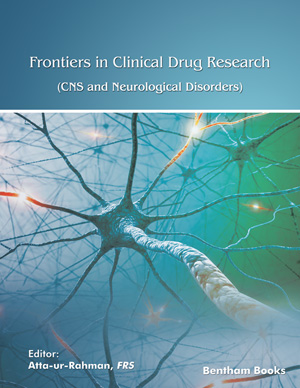Abstract
Parkinson’s disease (PD) is the second most common neurodegenerative
disorder after Alzheimer’s disease (AD). Recent data suggest that more than 6 million
people worldwide have PD. The death of midbrain dopaminergic (DAergic) neurons in
substantia nigra pars compacta (SNpc) and ventral tegmental area (VTA), and loss of
their terminal in the striatum region lead to motor and non-motor impairments in PD.
Currently, several pharmacological drugs acting as dopamine agonists, dopamine
reuptake inhibitors, and dopamine breakdown inhibitors are available for the treatment
of PD patients. However, all these treatments only provide symptomatic relief without
halting the process of neurodegeneration. They are widely associated with unwanted
side effects such as orthostatic hypotension, hallucinations, somnolence, levodopa (LDOPA)-
induced dyskinesia, and impulse control disorder. This article discusses the
biochemical and physiological mechanism(s) of PD pathogenesis and how the
emergence of the new target and drug identification are advancing our knowledge for
the development of novel PD therapies. The current data obtained from animal models
and clinical research suggest that early treatment may be one of the effective strategies
in PD management. Recent stem cell progenitor cell transplantation studies have added
an extra layer in future treatment approaches by showing very promising results and
outcomes in PD patients. Apart from classical dopamine receptor modulators as drug
treatments, recent data suggest that PD pathogenesis can also be managed by targeting
neurogenesis, apoptotic pathway, neuroinflammation, mitochondrial biology, and
oxidative damage. Therefore, identification of reliable disease markers and putative
drug targets to halt the process of neurodegeneration and genetic profiling of
individuals will help in finding new avenues in PD treatment.
Keywords: Dopamine, Dopamine Agonists, Neurodegeneration, Parkinson’s Disease, Pharmacological Treatment.






















